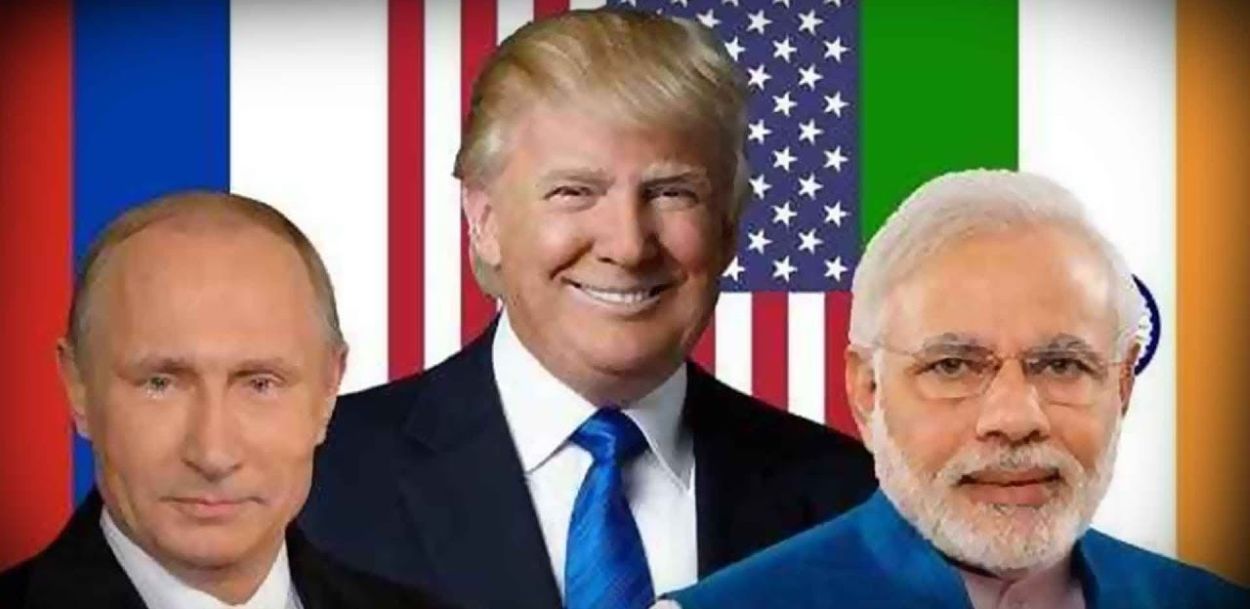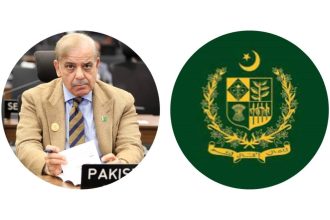U.S. President Donald Trump expressed frustration about India’s high import taxes. His concerns grew after Indian Prime Minister Narendra Modi met with Russian President Vladimir Putin at a regional meeting in China. The Shanghai Cooperation Organisation (SCO) is viewed by some as a counterbalance to NATO.
On Truth Social, Trump noted that India does much business with the U.S. However, American companies struggle to enter the Indian market because of high import taxes. The Wall Street Journal reports that India’s average tariff is 14%. This is much higher than China’s 6.5%. Trump called India’s tariffs the “highest of any country” and described the trade deal as a “one-sided disaster.”
After Modi met Putin and they held hands, showing a strong India-Russia bond, Trump grew more upset. He accused India of helping Russia’s economy by buying large amounts of Russian oil and weapons instead of U.S. products. While India promised to remove tariffs, Trump said it was “too late” and urged India to act sooner.
Trump rages as Putin and Indian prime minister Modi cozy up hand-in-hand at anti-NATO summit https://t.co/17meJIBPFH
— Daily Mail (@DailyMail) September 2, 2025The SCO meeting in Tianjin, China, gathered leaders, including Modi, Putin, and Chinese President Xi Jinping. Some experts believe Modi’s meeting with Putin responded to Trump’s new 50% tariffs on Indian goods. These tariffs, raised from 25% in August 2025, aim to pressure India to work closer with the U.S., especially over Russia’s war in Ukraine.
Xi Jinping Condemns Bullying at SCO Summit, Advocates for New Global Order
India continues buying Russian oil because it needs it. The oil now makes up nearly 40% of India’s supply, up from less than 1% before the Ukraine conflict. This reliance, combined with India’s decision to remain neutral, has strained its ties with the U.S. Nevertheless, Trump and Modi maintained a friendly relationship during Trump’s first term.
The growing trade conflict has strained the previously friendly relationship between Trump and Modi. Tariffs primarily affect industries such as textiles and jewellery.






